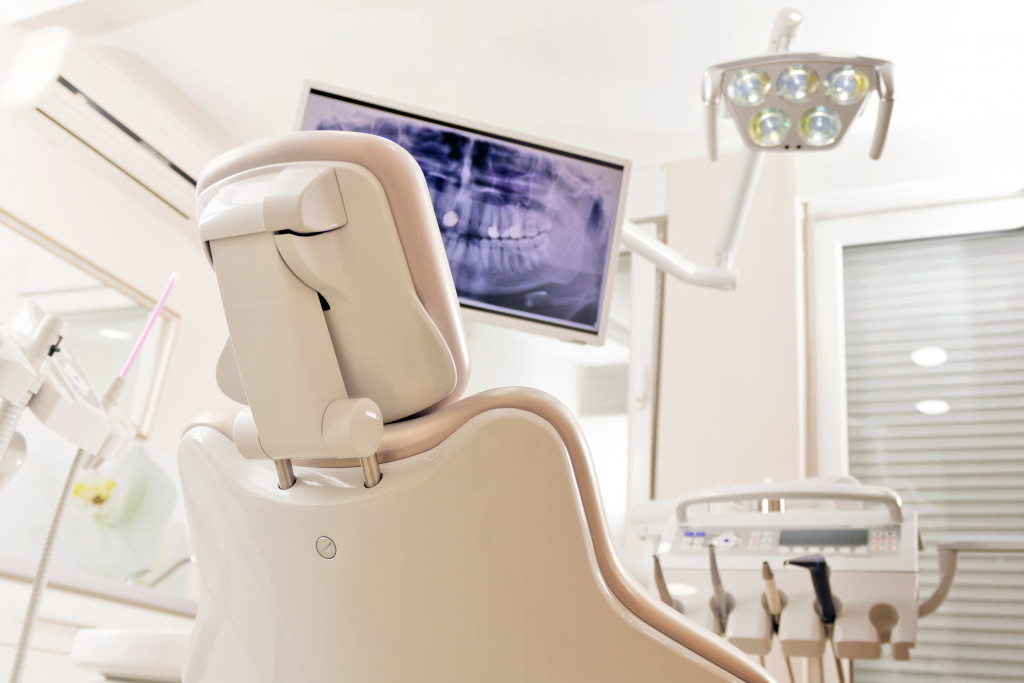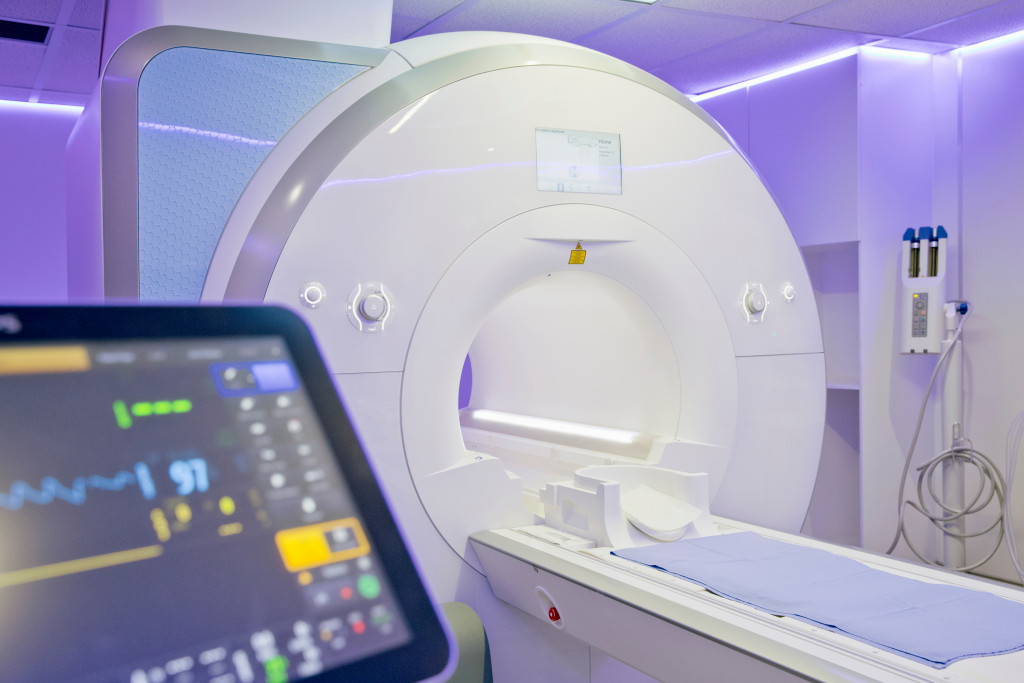Disclaimer: This website provides health information for educational purposes only and is not a substitute for professional medical advice, diagnosis, or treatment. Always seek the guidance of a qualified healthcare provider with any questions you may have.
Technology has always been a vital part of the healthcare industry. And in recent years, there have been many technological advances that have helped to improve patient care and make the process more efficient. This article will discuss some of the most beneficial ways technology can be leveraged to enhance healthcare.
Make use of electronic health records (EHRs)
Electronic health records (EHRs) have been shown to improve the quality of patient care. They can help make the process more efficient by reducing paperwork and providing quick and easy access to important patient information.
EHRs can also help improve communication between providers and patients. They can provide a way for providers to share test results, diagnoses, and treatment plans with patients quickly and easily.
The adoption of EHRs received a boost after the signing into law of the Health Information Technology for Economic and Clinical Health (HITECH) Act in 2009. This act aimed to improve patient care by giving clinicians access to all the information they need for better diagnoses and patient outcomes.
Use telemedicine technologies
Telemedicine technologies can help improve access to care, especially for patients in rural or underserved areas. They can also help save time and money by reducing the need for travel.
The pandemic highlighted the importance of telemedicine technology since it allowed patients to receive care from the comfort and safety of their homes. Many clinics used the technology to provide care for patients with COVID-19, which helped to reduce the spread of the virus.
It also facilitated virtual visits where health professionals could provide care and advice to patients without needing an in-person visit. This proved beneficial for both patients and providers as it saved time and reduced the risk of exposure to infection.
The use of telemedicine can also help improve communication between providers and patients. It can provide a way for providers to check in with patients regularly and answer any questions.

Provide better oral healthcare
Technology also provides solutions to some of the most pressing issues in healthcare. It also allows dental professionals to work more efficiently and provides patients with more options for treatment. For example, 3D printing is used to create teeth models that can be used for dental implants. This technology is also being used to create custom braces and Invisalign aligners.
Dentists also equipped their clinics with digitized X-rays instead of conventional radiographs. The new equipment is more efficient and faster. It also allows dental professionals to view digital images of the mouth of their patients on a computer. This technology can help dental professionals identify problems sooner and provide more effective treatment.
Technology has also made home dental care easier and more effective. There are now several toothbrush heads equipped with sensors that send data to an app on your phone. This allows you to track your progress and ensure brushing your teeth properly. Some apps can help you find a dental professional in your area and schedule an appointment.
In the past, dental care was often seen as something only necessary when you had a problem. However, with the new emphasis on prevention, people are now more likely to visit a dental professional regularly for checkups and cleanings.
Make use of mobile health apps
Mobile health apps are becoming increasingly popular as more people become interested in using technology to improve their health. Now hundreds of different apps are available that can help you track your health and fitness, monitor your symptoms, and connect with other health professionals.
Many of these apps are free to download and easy to use. They can provide you with valuable information and support when you need it. Mobile health apps can track your progress and keep you motivated. They can also help you manage your condition by providing reminders and helping you to stay on track with your treatment plan.
Some apps can even help you to book appointments and order medication. This can save you time and make getting the care you need easier.
Use data analytics to improve patient care
One of the biggest benefits of using data analytics to improve patient care is the ability to track outcomes. By analyzing data, healthcare professionals can identify patterns and trends that may otherwise be undetectable. This information can help improve patient care by providing a more complete picture of a patient’s health and allowing for more customized treatment plans. Additionally, data analytics can help reduce the cost of healthcare by identifying efficiencies and improving communication between providers.
Technology has had a huge impact on the healthcare industry. It is making it easier for both providers and patients to get the care they need. We can improve communication, treatment options, and patient care by leveraging technology.

